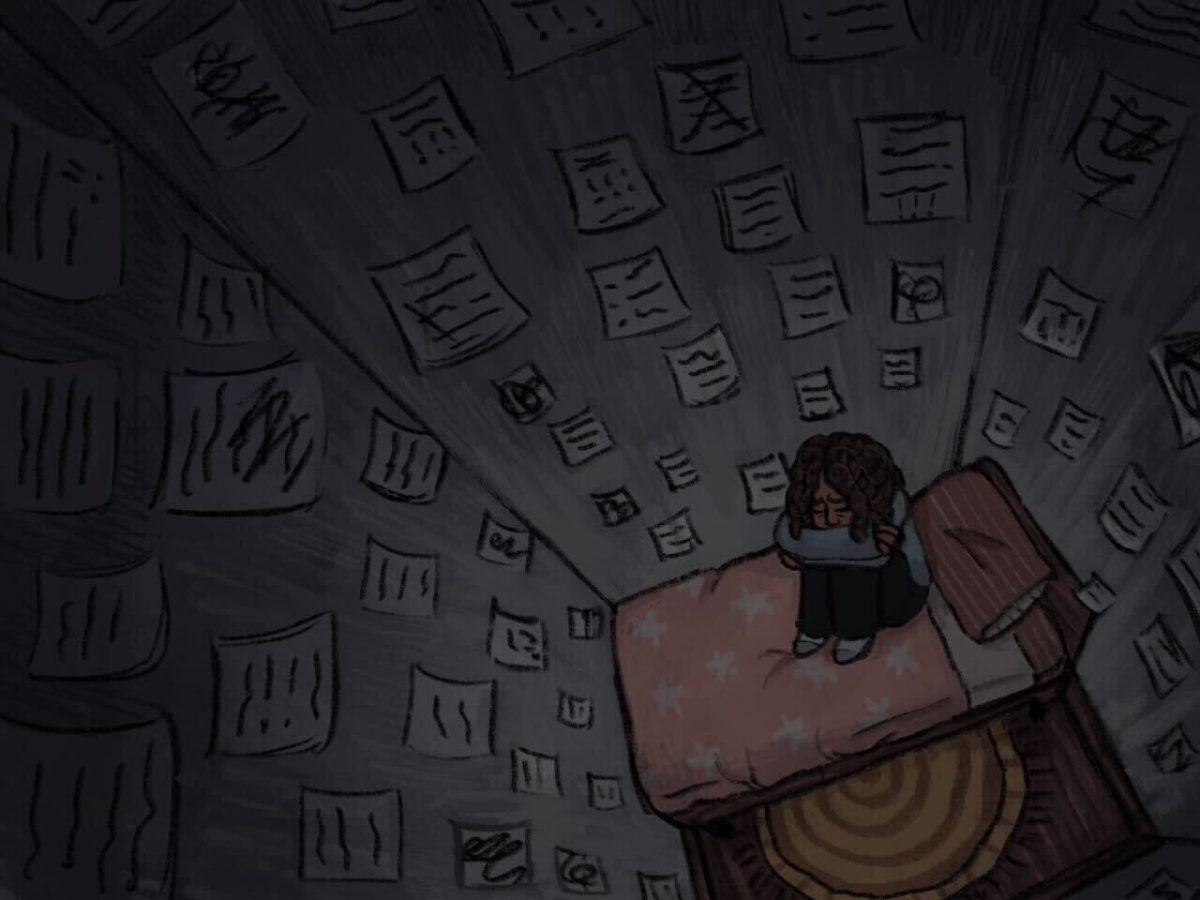William Shakespeare is one of the most important writers in English literature and holds a profound influence in our modern world. If you don’t know him by name, you’ll definitely know his plays, such as “Hamlet” or “Romeo and Juliet.” If you’ve ever watched “10 Things I Hate About You,” “The Lion King,” or “West Side Story,” then you know something about Shakespeare as all of these productions or stories are based on classic Shakespearean plays.
So why is someone that was writing in the late 15th and early 16th century still relevant today?
“All the world’s a stage, And all the men and women merely players; They have their exits and their entrances, And one man in his time plays many parts.” The writing of Shakespeare in the play As You Like It encompasses the value that Shakespeare’s work has in resonating with the audience and creating stories that will be recognized for years to come.
Shakespeare’s work is not only timeless, but the themes that he presents drive his work to be relatable to everyone. His works are driven by the unique themes during his time that he presents to his audience, such as love, death, betrayal, power, ambition, fate, free will, and more.
During Shakespeare’s time period, love was only approached with the concept of courtly love, nothing physical but rather with letters, flirting, dancing, gifts, and chivalrous efforts. What Shakespeare introduces to his audience is a type of love that breaks these preconceived notions of courtly love. This is what makes Shakespeare’s themes of writing be unique and alluring to the audience.
When we look at stories that drive audiences’ attention today, they look for the drama, the romance, and the ability for the characters to do what the audience can only dream of. Shakespeare is the one who first drove this want and need by the audience.
Conversely, he had not discovered his unique form of English literature on his own. His works had been influenced by the works of Chaucer, Virgil, and Marlowe, as well as ancient Greek theater. Shakespeare’s influencers opened the door for his work, so that way he’d be able to step through and create a breakthrough for English literature.
Many people may feel that Shakespeare’s plays, sonnets, and other works are irrelevant now in their lives due to becoming irrelevant from the history the work has. When taking a deeper look into the works, it’s revealed that this is hardly the truth as Shakespeare’s works have left a tremendous mark on society.
In his last comedy “Twelfth Night,” Shakespeare is able to bend the rules by having the character Viola disguise as a man named Cesario and go about life. During his time, if you were a woman alone then you were nothing, so the only plausible way to survive would be to disguise yourself.
This trope is followed in our modern society in the movie, “She’s the Man.” The interpretation of Shakespeare that’s now followed is having the girl dress up as a guy, become close to her romantic interest, and remove the disguise to reveal she was a woman all along. Today, we see this continuously with people disguising themselves in their day to day lives to find a place where they feel as though they belong in the world.
It doesn’t end there. Shakespeare also created the trope of forbidden love with his famous play, “Romeo and Juliet.” The 1997 film “Titanic” is a prime example of this idea of two people from different worlds that shouldn’t be together getting together and ending up being happy for a time with one another against all odds.
There’s also the difference between a comedy and a dramatic piece that was further developed by Shakespeare. Think about any romantic comedy you’ve ever seen. Not only was the plot line likely first performed in one of Shakespeare’s plays, but Shakespeare is argued to be the inventor of the entire genre.
Shakespeare has left an influence on all modern movies, TV shows, and novels.
Shakespeare’s plays bring a timeless insight into human nature, society, and the complexities of relationships. Without Shakespeare, we won’t have a world of developed literature in the aspects of emotions and rule breaking that we see today in movies, plays, and books.
But his impact doesn’t cease there.
For people who are driven to learn about the English language more and not just reading the books placed in front of them, Shakespeare is still an essential part of forming that understanding. His contributions to the development of a number of words and phrases that continue to be spoken on a daily basis today is tremendous. Shakespeare alone came up with 1,700 whole new words that are a part of the English language. Some of these words are gossip, eyeball, alligator, and rant.
Shakespeare’s work has impacted society today by representing how history repeats itself in a multitude of different ways. Many of the plays that Shakespeare created were based on history or mythology, which is an important part of our past that affects us today. Shakespeare pushes us to reflect on our own experiences and challenges that foster a deeper understanding of the world around us, as we know that history can repeat itself, and we need to work to ensure that this doesn’t happen.
An example of this is Macbeth, which is based on the historical figure, Macbeth, who was a king that ruled Scotland for 17 years after murdering King Duncan and forcefully taking over. That’s not the only play though; Othello was also based on the Moor of Venice named Othello.
The Elizabethan English that Shakespeare constructs his writing in can be challenging for modern readers to understand and takes additional effort to grasp the details and messages in his writing. But this also means when reading Shakespeare, we take time to look at the deeper meaning behind the words which unravels a whole new level of literature that many refuse to take the time to comprehend.
Shakespeare’s enduring relevance lies in his ability to capture the essence of the human experience. His works transcend time and place, offering insights that are as applicable today as they were in his time.
So the next time you’re sitting in an English class and your teacher tells you that you’ll be reading Shakespeare, don’t be upset. Be excited that you get to read one of the originals of the tropes that we see in movies all the time now. Connect what you already know to what you’re going to learn about.








